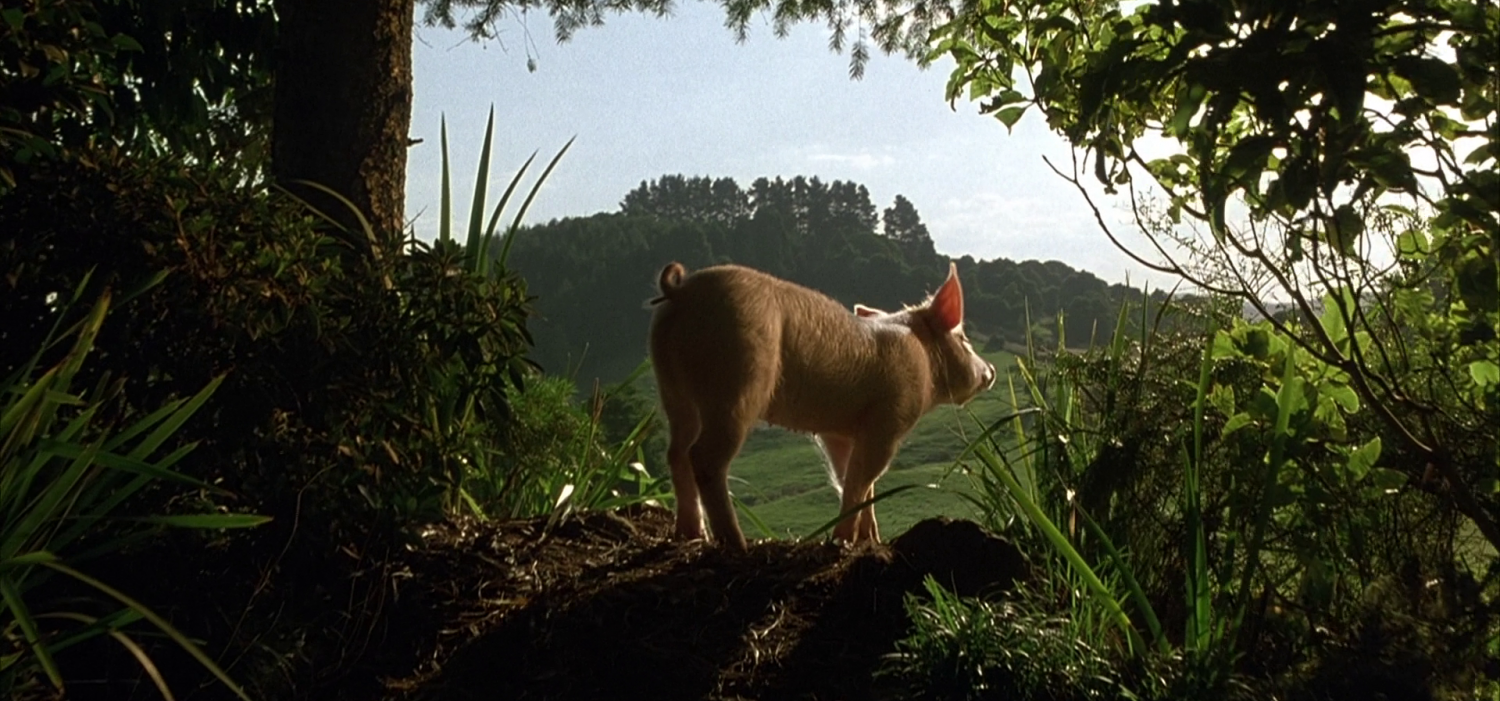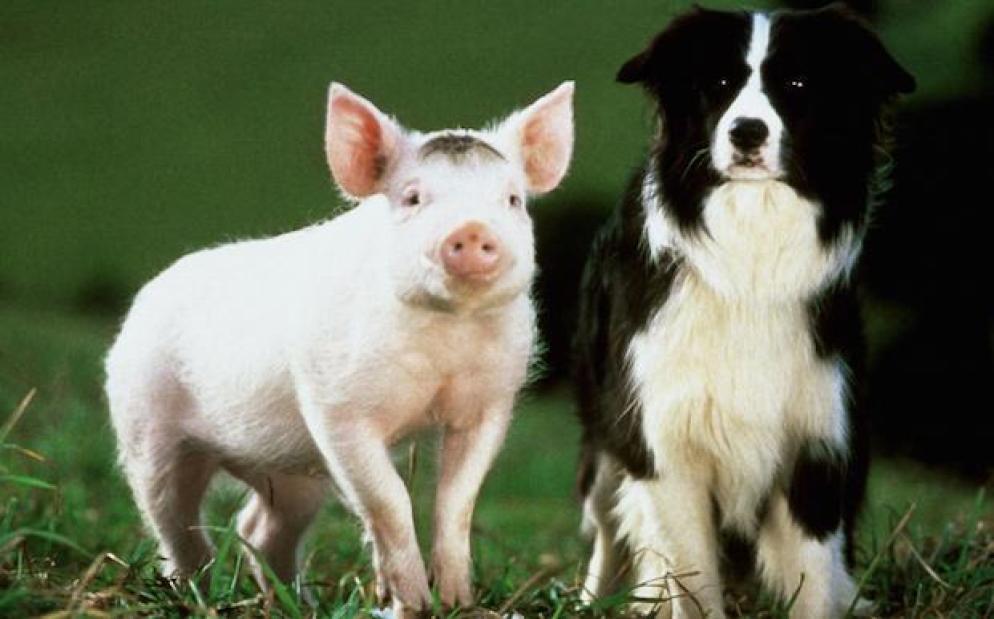“Babe”, a Role Model for Career Resilience

There are so many places where you can find career inspiration.
I think perhaps, that one of the most overlooked and under-appreciated places where I have found career development advice is at the movies, and I’ve been watching a lot of them over the past few months. Not necessarily in documentaries or biopics (although I have certainly watched my fair share of these!), but in Hollywood blockbusters. Soaring stories of protagonists overcoming adversity, intense action scenes that take your breath away, and the kinds of happy-endings career dreams are made of.
For me, no movie embodies this more than the 1995 movie, Babe.

Babe was the second movie I ever saw in theatres, and it moved five-year-old me to absolute tears. Unlike the first movie I ever saw in theatres, Disney’s The Lion King, I connected with the outsider who no one expected was destined for greatness. No expectations were foisted upon the little pig who won a blue ribbon at a county fair. The only job or intention that was required of Babe was to grow large for human consumption. If that isn’t a metaphor for the expectations of the industrial school-to-work conveyer belt, I don’t know what is! No one, human or animal, had any intention of changing this trajectory, save for one: Babe’s adoptive mother, Fly the Border Collie.
Fly is a compassionate, adoring, and supportive mentor to Babe. Perhaps, if Fly didn’t have her own career herding sheep she may have considered being a Career Development Professional after seeing the successes that Babe was able to achieve with a little bit of prodding, encouragement and some “real talk” about some “hard truths.” Fly saves Babe’s life more than once. She encourages Farmer Hoggart to take notice of Babe, sparing Babe from becoming Christmas dinner, giving him a few more months to do some personal exploration, identify his skills and find a role on the farm where he can bring as much or more value to his “employer.”
Babe’s skills in negotiation and communication turn out to be the thing he wants to improve upon, after witnessing Fly demonstrate her sheep herding skills. As a true mentor, Fly identifies and cultivates these skills in Babe, showing him how she herds and encouraging him to find his own way, as Fly’s teaching can only take him so far. Babe struggles in this new position but knowing that he only gets more delicious and less useful as he ages he feels an urgency to succeed.
Babe, like many clients, is lucky to have found someone like Fly to not only teach, identify power dynamics, advocate for and support him but also to encourage him to find his own way and be resilient.
Without the support he needs, Babe’s role on the farm could quickly become that of a series of dinners. Having a calm, and level-headed friend to bounce ideas off of or uncover hidden pathways is a key component to our career development and the efforts to make not only career changes but also to challenge social pathways set before us.
Given that Babe is an Academy Award-winning film intended for children and families, it may not seem like something that we in the field of Career Development can take much inspiration from. But I see the themes of personal development, overcoming barriers, and the importance of networking liberally spread throughout the film. If Career Development skills are life skills, and many movies reflect life, or simply the human condition, there has got to be space for this medium to teach us about career development. Even those where a dog-surrogate-mother believes and works hard for her pig-son, where a duck wants to be a rooster, and the lead character, who is a pig, wears an off-kilter toupee.
What about you? What kind of role models have you encountered on stage, page, or screen that perhaps represent your own life journey? Or alternatively, how have you used movies or books in your own practice?


